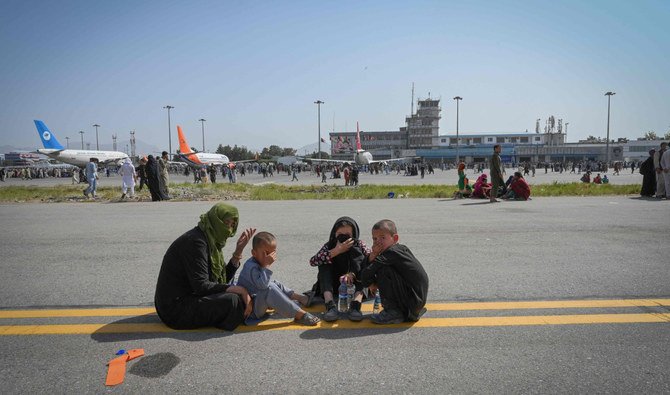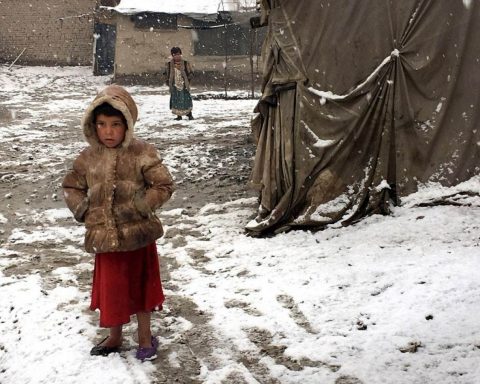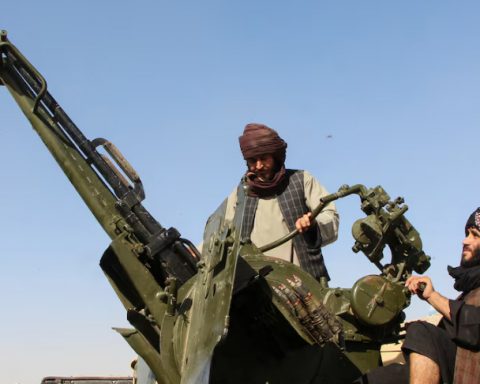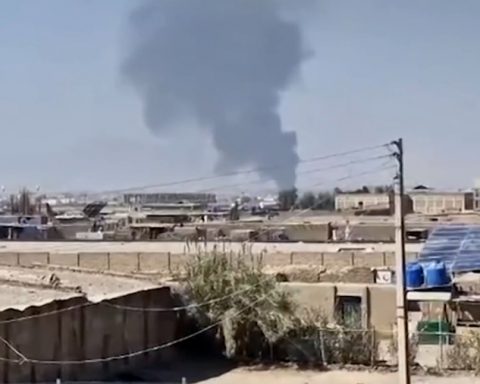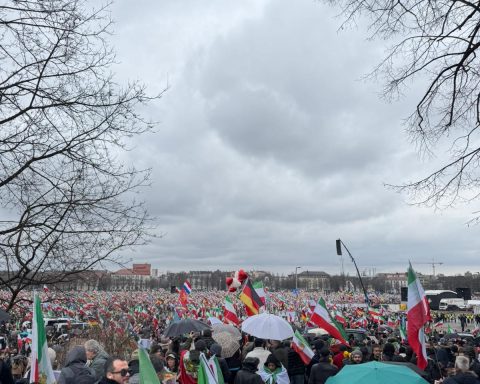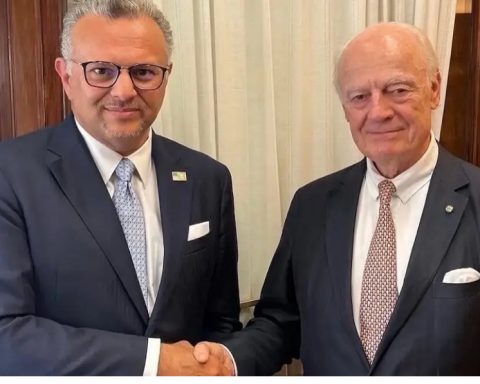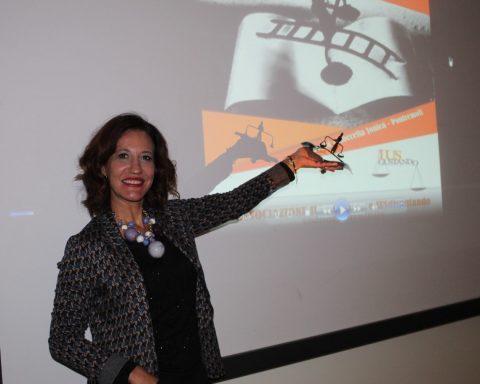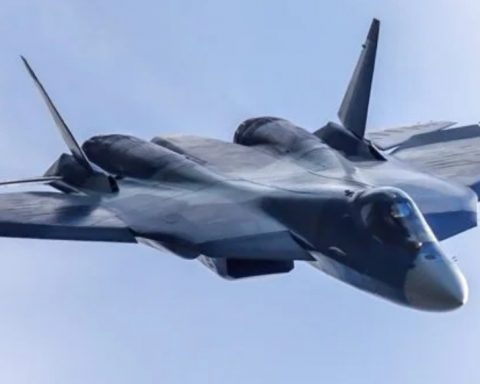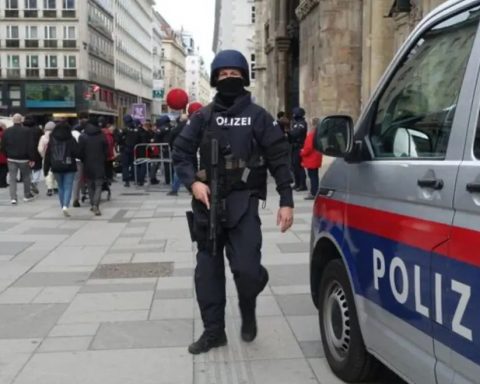Turkey is bracing to deal with a mass of Afghan refugees entry following the Taliban’s rapid takeover of the war-torn country, with the capital Kabul falling to the group on Sunday.
Speaking during a ceremony on the same day, Turkish President Recep Tayyip Erdogan warned Afghan migrants to avoid traveling to Turkey, and pledged to continue efforts to ensure stability in Afghanistan.
“We need to continue our cooperation with Pakistan in order to achieve that. We are determined to activate all means we have for that purpose,” he said.
Erdogan added that Turkey will prevent transit from the Iranian border through a high-security wall that Ankara is constructing.
However, the increasing number of refugees in Turkey, mostly Syrians and Afghans, has the potential to trigger further social tensions, with the country already facing significant unemployment and inflation, and citizens searching for scapegoats amid the pandemic economy.
In the meantime, Mullah Mohammed Yaqoob, son of Taliban founder Mullah Omar, recently spoke to The Independent’s Turkish service, and said: “Turkey is a country that houses many Afghans and that we want to build close relations with. We perceive Turkey as an ally and not an enemy.”
Ankara is still in talks with Washington over its offer to deploy troops at Kabul airport amid the final withdrawal of NATO forces.
But Ankara has put forward some financial, logistical and diplomatic prerequisites.
“The main problem is that Turkey does not have a master plan for its refugee policy,” Sinan Ulgen, executive chairman of Istanbul-based think tank Edam and a visiting scholar at Carnegie Europe, told Arab News.
“Looking at the different voices that we hear from government and people close to the government, there is uncertainty about what Turkey is ready to do with regard to this potential wave of refugees from Afghanistan.”
According to Ulgen, Turkish society appears to have reached a tipping point on the refugee issue.
“When the Syrian refugees were coming between 2011 and 2016, the Turkish economy was booming, whereas now Turkey is under economic duress, with unemployment mushrooming under pandemic conditions,” he said.
“The reaction to having more refugees have become much more severe, with very tragic incidents like the one in Ankara a couple of days ago,” he added.
Ulgen was referring to an incident on Aug. 12, when a crowd of Turks attacked shops, cars and houses belonging to Syrians following the killing of a young Turkish boy by a Syrian refugee in Ankara.
On the technical level, experts have underlined the need for effective border management by addressing existing deficiencies.
Ankara recently decided to expand the construction of the wall along its border with Iran to cover the entirety of the 295-kilometer frontier. So far, 149 kilometers have been completed, with plans to erect watchtowers, wireless sensors and trenches to boost security.
“The first major decision that awaits the government is to physically control Turkey’s borders and to demonstrate to the Turkish population that this physical control is in place,” Ulgen said.
“Unless that is done, my fear is that the recent provocations will create even more social difficulties and reactions within Turkey about the phenomenon of refugees,” he added.
As a means to resolve the issue, Turkey should have a “social contract” on refugee policy, Ulgen said.
“Historically, Turkey has been a target destination for many of the refugees because of its geography, and with many countries nearby being a source of instability,” he added.
“Turkey should have a social contract about what it wants to do about the question of refugees.
“Like in many other policy areas, today we cannot have an inclusive deliberation about this issue in an environment that is very polarized and driven by the government.
“The need is to have an open debate that would underpin Turkey’s refugee policy.”
Ankara-based Research Center on Asylum and Migration President Metin Corabatir recently visited the eastern province of Van, a Turkish region bordering Iran, where groups of Afghan migrants typically move through.
“There is a significant increase of border control in the city, with commando teams, special units and police guarding against migrants who try to infiltrate the border. State authorities who apprehend migrants and transfer them to removal centers are also present,” he told Arab News.
“Although border reinforcement efforts have served as a disincentive, there are some spots along the border that are easier to cross, like valleys.”
Corabatir said that the management of Afghan refugee inflow requires the engagement of the international community, with effective negotiations with Iran and other countries that can also host large numbers of people.
“In terms of those who already live in Turkey, I think Turkey should immediately keep them under registry because most of them are not registered and cannot enjoy any rights to ensure decenet life standards in the country,” he added.
“They cannot even be vaccinated or send their children to school.”
There are about 120,000 registered Afghans residing in Turkey. However, there are believed to be many more who are undocumented.
Turkey imposes a geographic limitation to its ratification of the 1951 UN Convention on the Status of Refugees.
Therefore, only people fleeing from Europe can be given refugee status, while with some others, Turkey implements a temporary protection regime with a right of legal stay, as well as some basic access to rights and services.
“Turkey should lift this limitation to provide all migrants with some basic rights. Knowing the exact number of refugees who live in Turkey will also help the international community to channel the amount of financial aid. However, this has a significant political cost for the government and needs the backing of the opposition parties,” Corabatir said.
In the meantime, the number of migrants — mostly from Syria and Afghanistan — illegally entering the EU by crossing the Western Balkans has almost doubled this year, EU border agency Frontex said.
